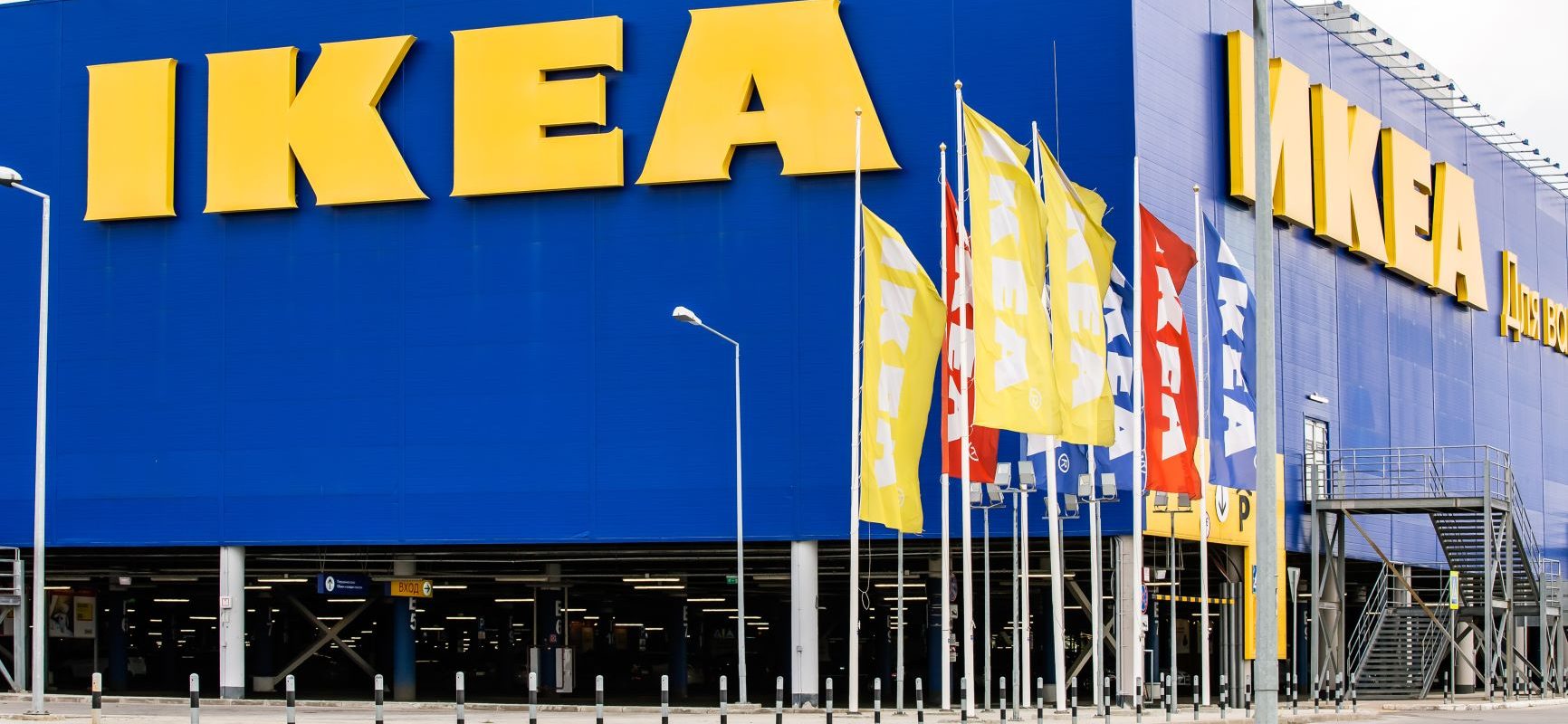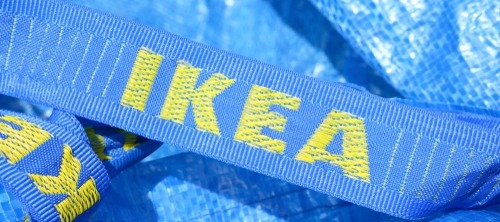 25th Oct 2018 by MIW Water Coolers
25th Oct 2018 by MIW Water Coolers
Flat-Packing the Plastic Problem – IKEA Join Sustainability Movement
When you first start getting interested in a cause, such as cutting back on waste plastic, it can feel a bit like a pipe dream. Yeah, of course it would be nice if we could stop plastic clogging our rivers and oceans, and of course it would be amazing if big business got on board, but realistically, it’s never going to happen. And then it does. And a domino effect takes place, where one after the other, businesses, institutions and governments do their bits, and you see that it’s actually making a difference. This is why, today, I am writing about IKEA.
IKEA is one of those brands that practically everyone knows. Whether you’re in Southampton or Singapore, those four yellow letters on a royal blue background are mentally processed and interpreted without any real effort of thought. Most people have shopped there at one time or another, even if it’s just for a plate of meatballs. So, the news that the company has pledged to remove all single-use plastic from its product range and restaurants by 2020 is phenomenal. It’s not the first domino, but it’s a pretty flipping big one!

From a MIW perspective, we’re hoping that all those rows of plastic bottled water in IKEA’s restaurant fridges will be replaced by a couple of shiny new water dispensers (hopefully large enough to refill sports bottles so customers can take away refreshment too). There’s a fantastic range to choose from (IKEA, if you’re reading, MIW is open for business, and we can even customise the units!).
But the really great thing is that the company isn’t stopping there. IKEA is working towards a production process based upon ‘circular principals’, which will eventually see all products being made with renewable or recyclable materials. While not everyone will want their entire home kitted out in IKEA, wouldn’t it be great if we could all live our lives in homes with sustainable, recyclable decors? How much less landfill there would be. Hopefully, where IKEA leads, other retailers will follow.
At present, it’s not going to be possible to transform every business into a zero plastic waste organisation. Most stores will need to wait for producers to catch up first, some will even need new products and processes to be patented. But the thing is, we can all do something to help reduce single-use plastic waste: cut back on packaging; use reusable carrier bags; provide free drinking water in cups rather than plastic bottles; or install a sports bottle water refill station on your premises for the general public to use. If we all just used #oneless plastic bottle a week, what a difference it could make for our planet.










